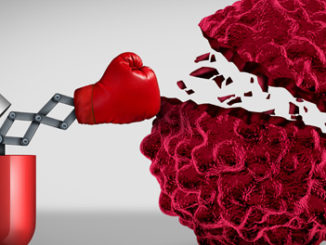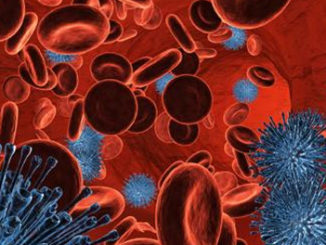Smoking Linked to Epigenetic Warning Signs of Cancer in Cheek Cells
New research published in JAMA Oncology shows that DNA damage that occurs as a result of smoking may be found in cheek swabs. In light of this research, smoking is thought to adjust the epigenetic profile of cheek cells and the resulting epigenetic landscape may even be used as an early warning sign of other cancers typically unrelated to smoking, such as gynecological and breast cancers. Professor Martin Widschwendter, Head of the Department of Women’s Cancer at the UCL Institute [more…]





